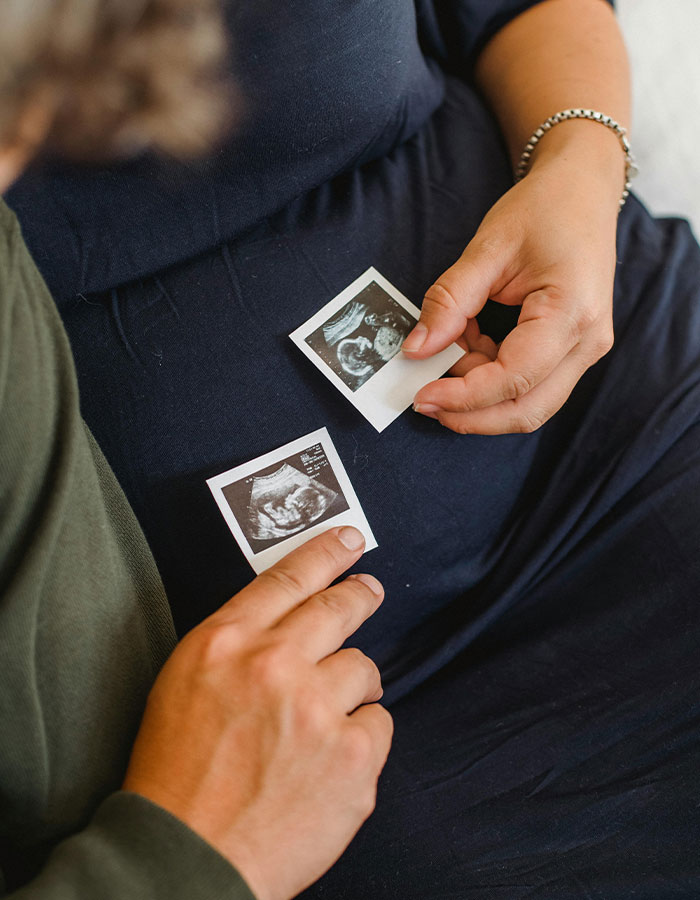In April 2021, a married man, surnamed Wen, lost his life in a traffic accident in Qingyuan, located in China’s southeastern Guangdong Province. In December of that year, his extramarital lover, surnamed Ling, gave birth to a son, Xiaowen, after using an embryo that had been previously fertilized and frozen at a private clinic. Ling claims that the embryo used in the procedure had been created from sperm and eggs collected from Wen and herself before his death, as per ChinaDaily.
Share iconA woman surnamed Ling filed a lawsuit demanding the inheritance rights of a baby she allegedly had using her deceased lover’s sperm
Image credits: Pexels/Nadezhda Moryak In August 2023, Ling filed a lawsuit with the Qingcheng court, demanding that Wen’s wife share Wen’s life insurance, property, and company equity shares with Xiaowen. The court dismissed Ling’s claim, establishing that Ling failed to prove that the frozen eggs were fertilized by Wen or provide conclusive evidence that the man had given her permission to use his sperm. Additionally, Wen didn’t state anything in his will regarding posthumous embryo transplantation. Wen’s wife was reportedly unaware that Ling had given birth to her son by embryo transfer surgery.
The court ruled against Ling, citing she could not provide conclusive evidence that her lover had fertilized the eggs or that the man had given her permission to use his sperm
Share icon Image credits: Pexels/Amina Filkins Embryo transfer, an assisted reproductive technology (ART) procedure often linked with in vitro fertilization (IVF), involves placing one or more fertilized eggs—referred to as embryos—into the uterus. IVF can be done using a couple’s own eggs and sperm. Alternatively, it can involve eggs, sperm, or embryos from a known or unknown donor. In other cases, people may choose to have a gestational carrier — someone who has an embryo implanted in their uterus — deliver the baby. Laws in China lack clarity regarding the inheritance rights of babies born from frozen embryos, as Zhao Nyuhuan, a lawyer with the Ronly&Tenwen Partners law firm, told Guangzhou Daily.
Additionally, the man, surnamed Wen, didn’t state anything in his will regarding posthumous embryo transplantation.
Share icon Image credits: Pexels/MART PRODUCTION While the Civil Code enacted in 2021 recognizes the inheritance rights of fetuses, it does not explicitly mention frozen embryos. However, “given the potential for frozen embryos to develop into complete life forms, it is worth considering whether to grant them some degree of legal protection under certain conditions such as the right of inheritance,” the lawyer said. Huang Dehao, from Zhonglun W&D Law Firm, explained that embryo transfer surgery at qualified private clinics is legal as long as the surgery is agreed upon by the owners of the frozen embryos. Senior partner Lin Zhaorun from Genius Law Firm believes that, due to the complexity and ethical considerations involved in this process, courts should assess each situation on a case-by-case basis. Anyone can write on Bored Panda. Start writing! Follow Bored Panda on Google News! Follow us on Flipboard.com/@boredpanda!




